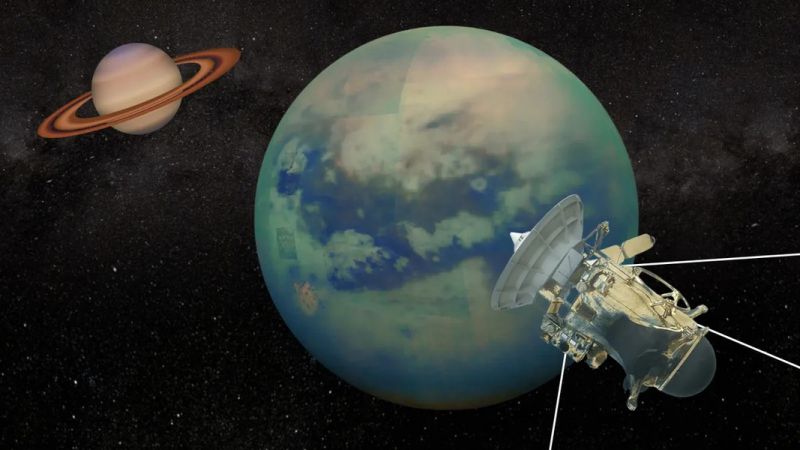
On Saturday, October 14, 2023, all of North America will experience an eclipse of the Sun (where the Moon blocks our view of the Sun.) In a narrow path stretching southeastward from Oregon through Texas, the eclipse will be annular (a small ring of the Sun will be visible around the dark disk of the Moon.) Everywhere else, skywatchers will see a partial eclipse, where it looks like the Moon is taking a dark bite out of the Sun.
Since the Sun will not look completely eclipsed, everyone will need a pair of safe-viewing glasses or a way to project an image of the Sun. Over 13,000 public libraries will be giving away 6 million such “eclipse glasses” and virtual information booklets (thanks to the Moore Foundation), so check with your local library. If they don’t have the glasses, you can at least download the booklet at http://bit.ly/eclipsesforlibraries (It includes instructions for safe viewing.)
To find out when and where in the sky the eclipse will happen in your town, go to: https://www.timeanddate.com/eclipse/solar/2023-october-14
Teachers can download a free booklet with more information and classroom suggestions at http://bit.ly/eclipsesforteachers
Save your glasses and information, because there will be another eclipse of the Sun on April 8, 2024. That one will be a total eclipse in a narrow path from Texas to New England. Most of North America will again see a partial eclipse.
Please see astronomer (and SETI Institute Board member) Andrew Fraknoi's talk to the Commonwealth Club of California for the fuller story on these eclipses: https://www.youtube.com/watch?v=1xqDcgkmbPE
Additional eclipse resources are available from the Astronomical Society of the Pacific’s NASA Partner Eclipse Ambassador Program:
Eclipse Ambassadors Off the Path: https://astrosociety.org/news-publications/asp-news/asp-online-newsroom.html/article/2022/08/01/astronomical-society-of-the-pacific-asp-seeks-college-students-and-amateur-astronomers-to-become-nasa-partner-eclipse-ambassadors
Finally, the SETI Institute and Unistellar are joining together for an expanded SETI Live on Saturday, October 14, with teams on the ground in Oregon, Nevada, and Utah using eVscopes equipped with solar filters to observe the event. Additionally, we’re inviting special guests to talk about the science behind eclipses and why solar observations are important. The full schedule will be announced closer to the event. Join co-hosts SETI Institute communications specialist Beth Johnson and postdoctoral fellow Ryan Lambert for this special SETI Live! Here is the link: https://www.youtube.com/watch?v=LvPeI71hUFs
Happy eclipse viewing!





